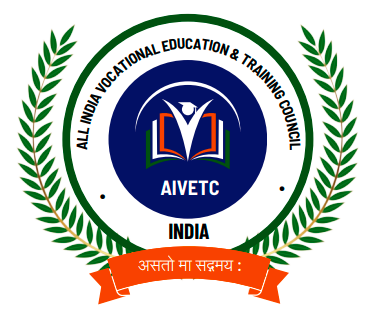There was a time when beauty was only skin deep. Today, it’s skin-smart.
In a world where we make first impressions using social media, and personal branding is the mixture of keeping it real and looking good, the world of cosmetics and hair care is facing a revolution. What was once considered luxury or indulgence has become wellness, science and even therapy these days. Nowadays, men and women are no longer satisfied with superficial care; they want a path to transformation that is educated, safe, and sustainable. And that’s just where medical cosmetology is coming into its own.
Let me set one thing straight – cosmetology is no longer about covering up flaws. It is about health and confidence. The ever-rising popularity of skin and hair treatments is not all thanks to filters and influencers. IT runs deep into the psychology of self-worth. Acne isn’t just a breakout, and hair fall isn’t just superficial – they influence how people fare in interviews, how they act in social situations, how they think of themselves when they look in the mirror.
The changing story has made the aesthetics a well-respected field of both medical and paramedical pursuit. Today, students not only learn about applying a facial or doing a peel, but also about skin physiology, hormonal interplay, microbiomes and scalp diagnostics. It’s more about seeing what’s beneath, rather than covering it up.
The meld of medicine and beauty requires a whole new level of skill. There’s a reason why the field of medical cosmetology is growing faster than ever: We have no idea what we’re doing. Whether it’s addressing pigmentation with the latest in laser technology, or treating alopecia via platelet-rich plasma therapy, practitioners in this arena are certainly blending what most of us consider to be part of the health sector with what is really beauty science.
What makes it so fun and exciting for students is its dynamism. There’s something new on the market every quarter – RF microneedling, hydrafacials, LED phototherapy, stem cell infusions. The students of cosmetology and trichology are not just learning theory and practical, but that they learn that ‘change’ is the only thing that will stay constant. This makes for difficult, but very fulfilling learning.
There’s a romanticism of having people feel better in their own skin – quite literally. But more than an emotional payoff, there is a booming business. On the global front, the cosmetic dermatology market is expected to exceed USD 50 billion in the next few years. From clinics, medspas, dermat chains and beauty tech startups to tele-aesthetic platforms, they’re all on the rise.
And being a therapist, or a technician, is no longer enough. Specialists in product R&D, clinical trials coordinators, aesthetic equipment trainers, and even content creators with real and relevant qualifications in cosmetology and trichology are much in demand. The career opportunities are as wide and thrilling as they are diverse.
This, in turn, has brought up the entrepreneurial side of beauty science. Other startups are taking a page from the position themselves with young professionals opening their own boutique clinics, offering home-based skin therapy services and capitalizing on hyper-local demand with well-informed expertise. The amount of freedom there is to make your own niche is massive and very empowering.
It gives you a skill from which you can at least always make a living. You can always hustle. But it’s intriguing, because it is a job that doesn’t work like several other career tracks. Cosmetology can’t kind of graduate and be done with it. Learning is built into the profession here. Skin types change with the climate, age and diet. New formulations are added to the marketplace every month. World trends affect expectations of the patient.
For students or early-stage professionals, it is an important shift of perspective: you are not being trained for a job. You’re spending on a lifelong pursuit of skill, precision, empathy and, yes, science. Furthermore, the emotional and financial rewards accrue to those willing to stick it out.
On a more existential level, cosmetology is now moving from “fixing” to “caring”. Today’s professionals are taught to listen to clients, understand their emotional vulnerabilities, and deliver treatments that respect the client as an individual – not just as a fashion victim.
This is particularly so for trichology, where clients have likely spent years of frustration with over-the-counter remedies. A professional can provide remedies but also reassurance. They play the role of part therapist, part guide, part healer.
So, if you are the type of person who has plenty of fun with science, as well as creativity and helping others feel their best, a career in medical cosmetology might be right for you. And if you are looking to find a space where you can have hands-on experience, learn from pioneers in the industry and pave your way to a future that is lucrative yet purpose-driven, then Dr. Paul’s Institute of Cosmetology Kolkata comes across as a nurturing and progressive environment. This combination of clinical precision and real-world proximity makes them popular among budding professionals looking to delve deeper than the surface.
That’s because, in this world, it’s not just the cut of your jib that matters; it’s about feeling strong, confident and visible, too. And that’s a transformation worth examining.
Ready to explore more? Stay curious. It might be the skin that the aging begins with, but in cosmetology – it’s never the skin that it ends with.
Dr. Pauls’s a name synonymous with the beauty/cosmetic industry worldwide, started his first clinic way back in 2007, and since then, there has been no looking back.
Affiliation with: AIVETC India

Accrediated to: IEB - UK

Copyright © 2025. All Rights Reserved.